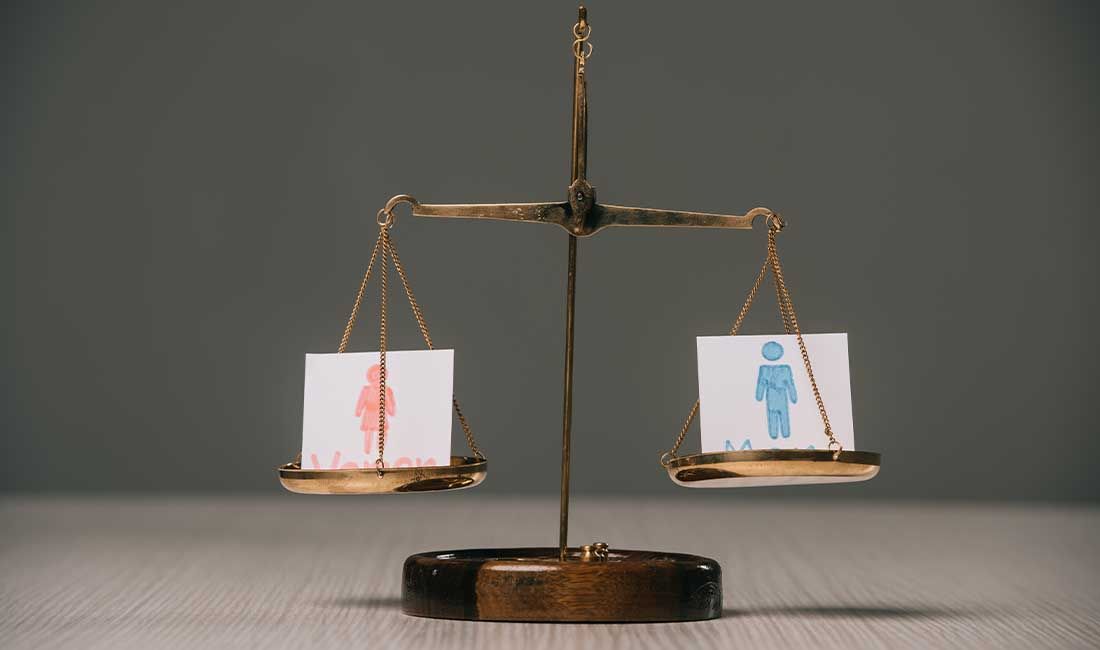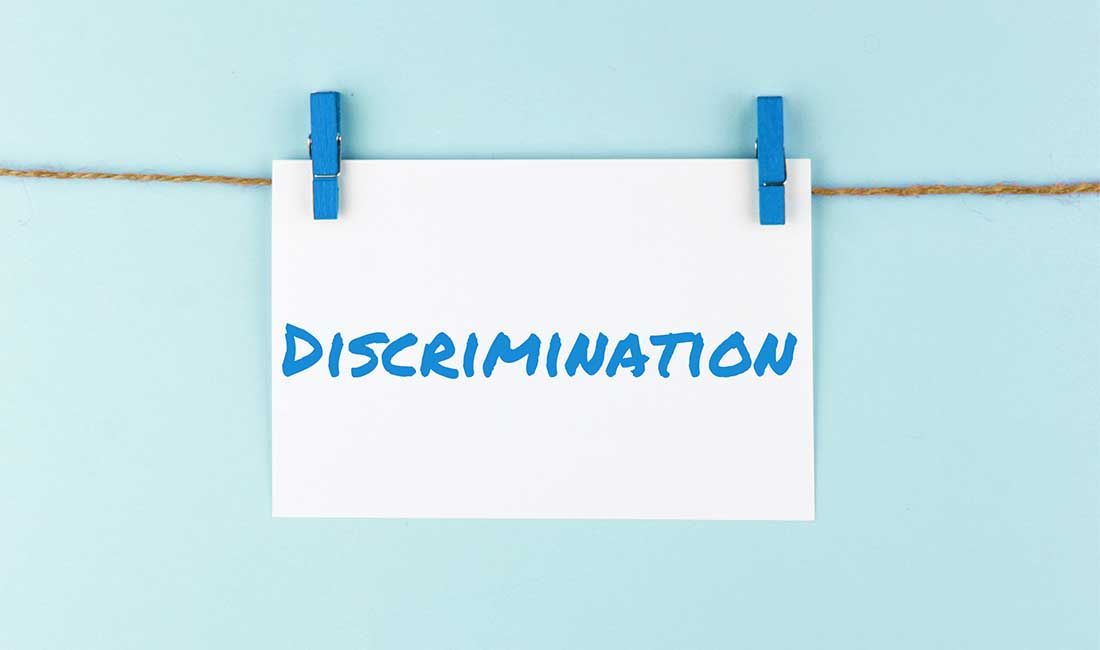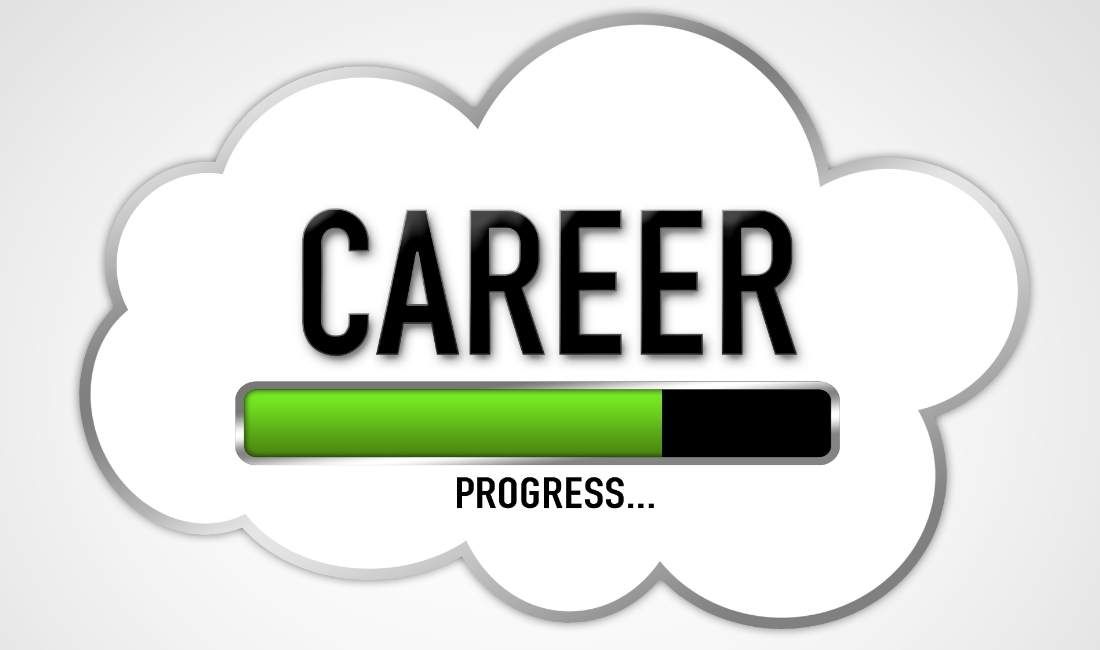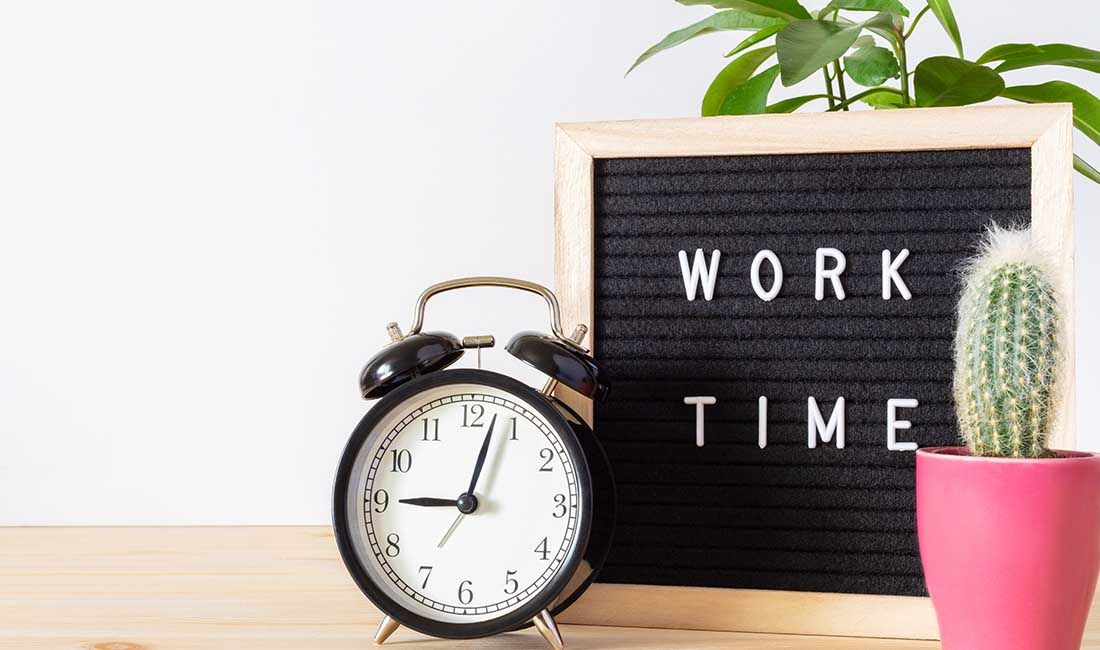Equality in the Workplace

| W.E.U Admin | Workplace Wellbeing
TAGS: Discrimination, Equality, Workplace, Workplace rights
Let’s Make It Happen – International Women’s Day
Sarah Boyack is a member of the Scottish Parliament and we urge Westminster MPs to follow her lead in advocating greater equality for women. Imagine if an English Parliament required women’s equal representation—what a wonderful opportunity that would create.
International Women’s Day Events and Progress
International Women’s Day saw a series of events where women debated the progress made towards advancing equality in the workplace. Over the last fortnight, I have met community activists, trade union members, representatives from ethnic minority communities, academics and students, and last week attended a conference for young women organized by Zero Tolerance.
In the Scottish Parliament, events enabled women from across Scotland—and from a range of backgrounds—to discuss the way forward for women locally and globally.
Historical Milestones
The roots of International Women’s Day stretch back over a century. In 1911, over a million women demanded the right to vote, to hold public office, and protested against sex discrimination. The first observance on 8 March coincided with the arrest of suffragette leader Sylvia Pankhurst en route to a London speech. In 1977, the UN officially marked it as a day for “women’s rights and world peace.”
Current Challenges
Today, austerity measures disproportionately affect women:
- One in five women are paid below minimum wage.
- High childcare costs force countless women to give up work.
- Thousands more are trapped in unfair zero-hours contracts.
Political Actions and Commitments
It was Labour that enacted the Equal Pay Act over 40 years ago, yet the current government has failed to advance the fair-pay agenda. Not a single one of Scotland’s top ten companies publicly reports its pay gap, and only five out of nearly 7,000 UK firms do so. Labour’s commitments—affordable childcare, action on domestic violence, increased maternity/paternity pay, an end to zero-hours contracts and support for a living wage in public-sector procurement—will transform women’s lives.
Representation in Parliament
Women remain underrepresented on company boards, as senior executives and at every level of political office. This year’s theme, Make It Happen, echoes the goals of the 50:50 campaign advocating parliamentary equality. Labour’s “zipping” policy (woman, man, woman, man) and women-only shortlists have boosted female representation in the Scottish Parliament, but complacency has set in. We must renew our efforts to attract and support women through selection processes, training programmes and flexible working arrangements.
Positive Action and Support
Without positive action, parties will not achieve significant numbers of women representatives. We need robust support networks—trade unions, community organisations, and the business sector—to encourage women to step forward. Mentoring, constituency-level support mechanisms, and targeted outreach can build confidence and break down barriers.
Global Leadership and Transnational Feminism
Professor Anne Marie Goetz, Chief Adviser to UN Women, highlighted in her Edinburgh lecture “Women’s Rights Have No Country: Regenerating Feminist Transnationalism” the lack of women in post-conflict resolution and peacekeeping. Male-dominated forces shape priorities, often overlooking gendered violence in conflict and the protection of displaced women. Transnational feminism demands regional and global solidarity to resource and support women. She concluded with a call for a #She4SG campaign to push for a female UN Secretary-General.
Zero Tolerance Conference Insights
At the recent Zero Tolerance conference for young women, I stressed that every gain has been hard-fought. We must continue to pressure for affordable childcare, carers’ rights and sustainable funding for elder care—issues where women bear the greatest economic burden.
Renewing Our Determination
Let’s harness the energy of our debates and the momentum of the Women’s 50:50 campaign to celebrate past achievements and reaffirm our commitment. Women’s voices must be heard as we shape our collective future.
Workers of England Union: Fighting for Fairness and Equality
The Workers of England Union (WEU) champions fairness and equality. Everyone deserves to live and work free from prejudice, treated with dignity and respect, regardless of background or views.
The Right to Fairness and Equality
Under the Equality Act 2010, employees are protected from discrimination and unfair treatment. Public-sector bodies have a duty to encourage diversity in the workplace. Employers cannot treat you unfairly because of your:
- Age
- Disability
- Gender reassignment
- Marriage and civil partnership
- Pregnancy and maternity
- Race
- Religion or belief
- Sex
- Sexual orientation
It is also unlawful to enforce rules or policies that disproportionately disadvantage any protected group. Learn more about your rights to fair treatment and equal pay.
How WEU Advocates for Equality
We listen to members’ ideas on public-service delivery and promoting equality. The WEU has a proud history of challenging discrimination—be it racism, bullying, harassment or unequal pay—and supporting members in tribunals and negotiations.
How WEU Representatives Can Help You
If you’re experiencing discrimination or unfair treatment at work, the WEU office is your first port of call for advice: 01206 766 899. Our independent, trained representatives can support you through grievances, tribunals or direct negotiations with your employer.
Please get involved: If you’re passionate about fighting discrimination and promoting equality, find out how you can join our efforts at the WEU.
workersofengland.co.uk | Independent Workers Trade Union
















